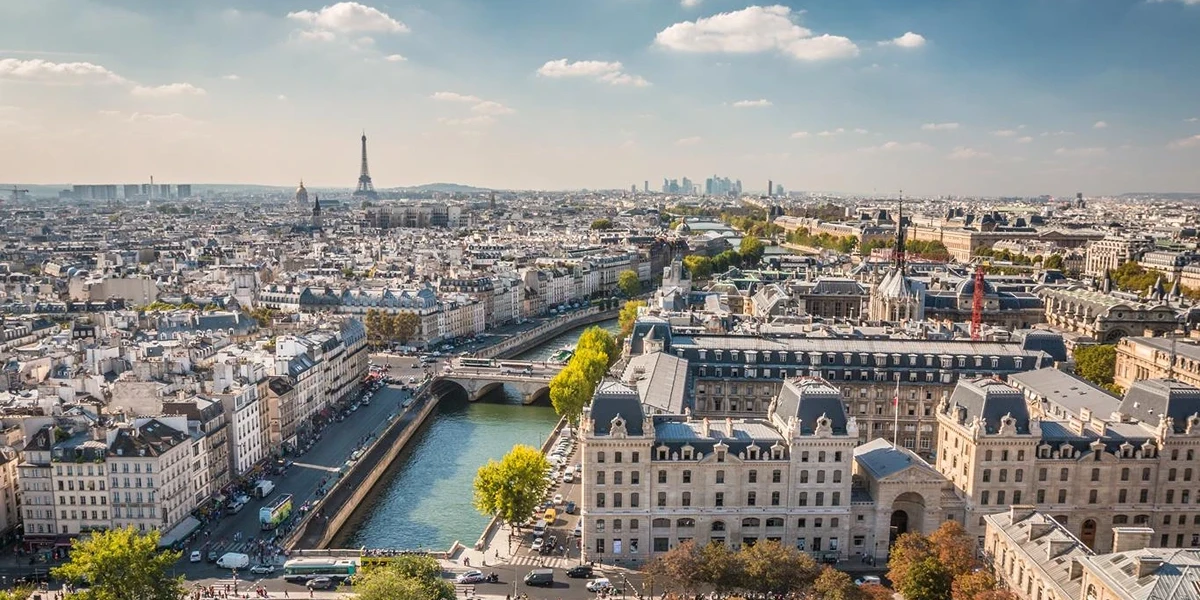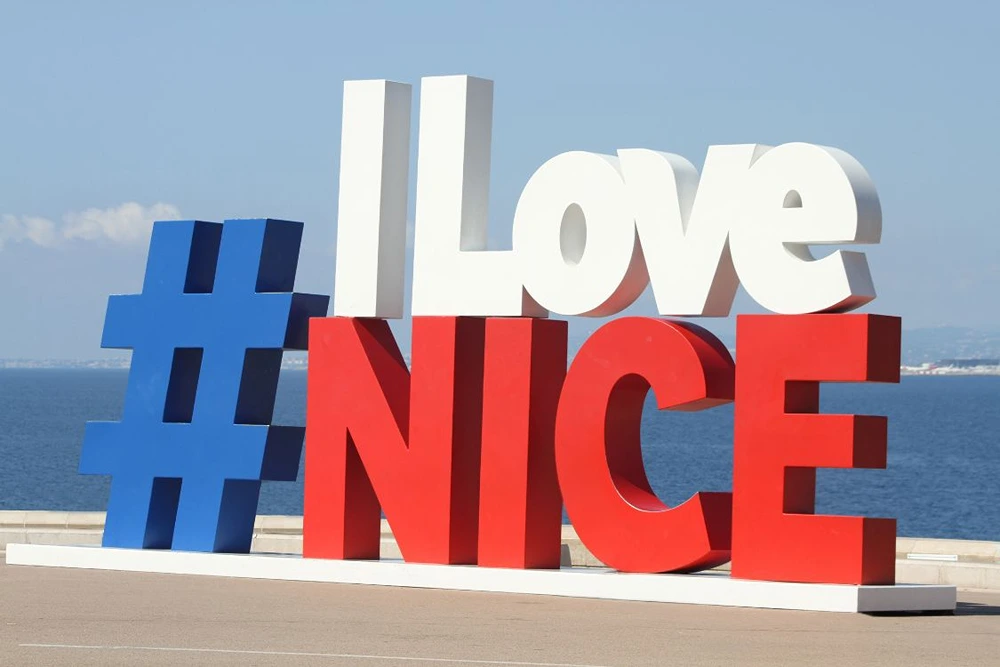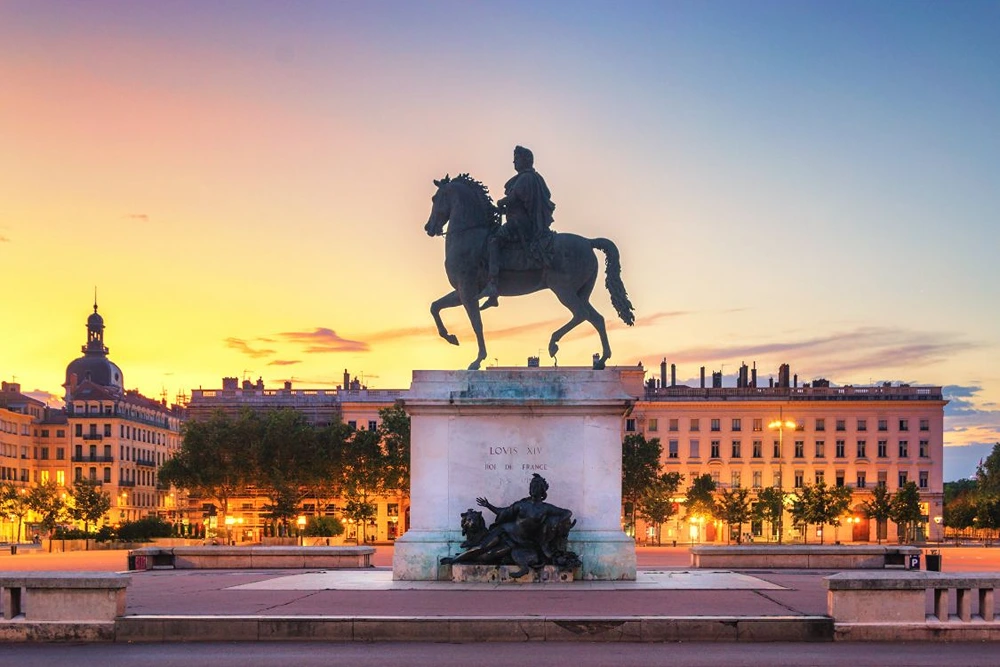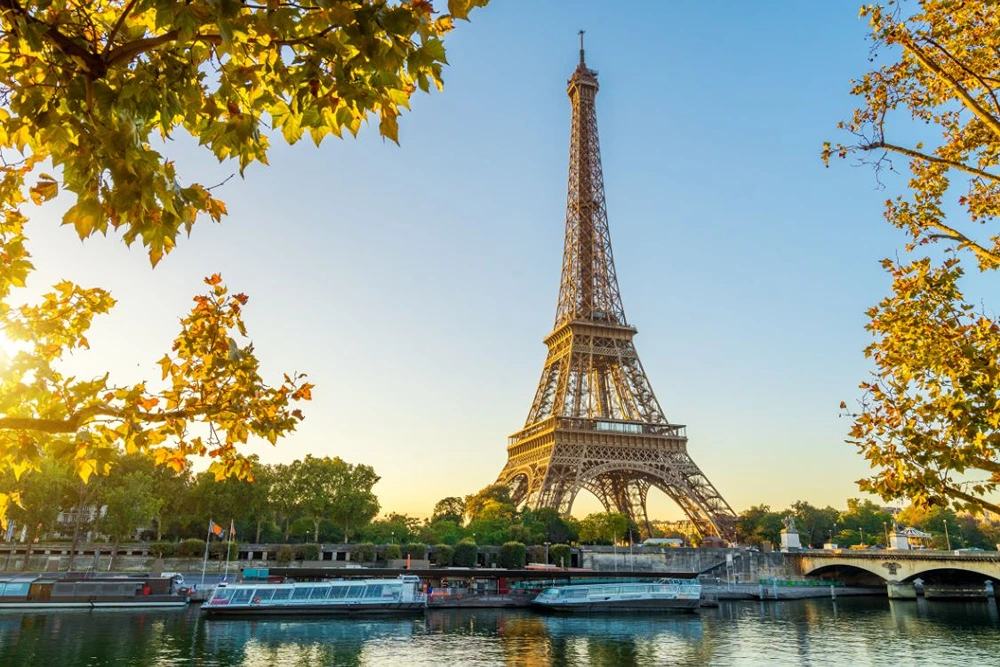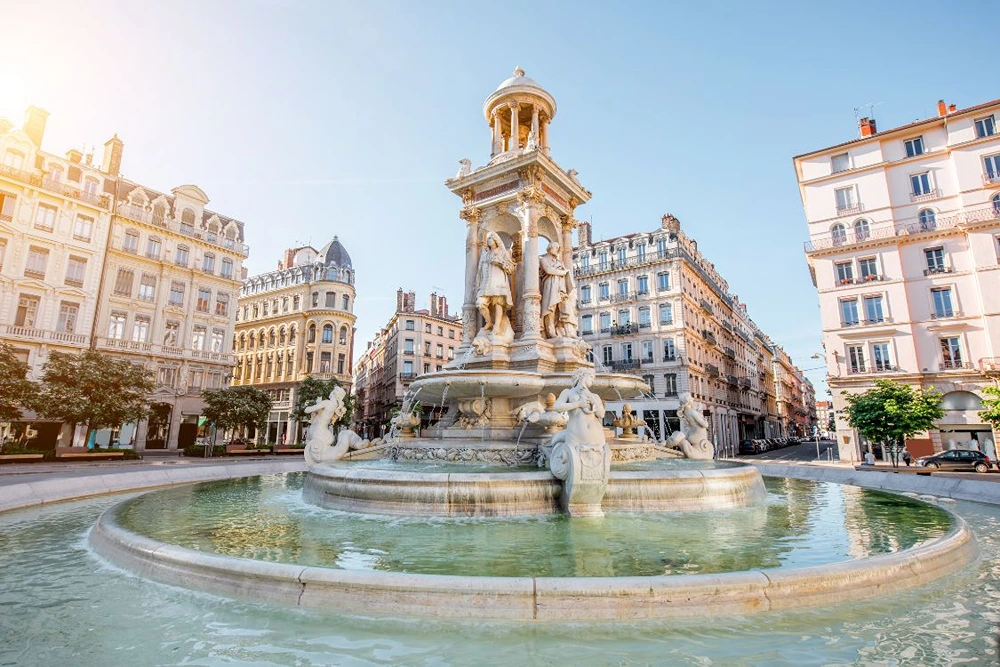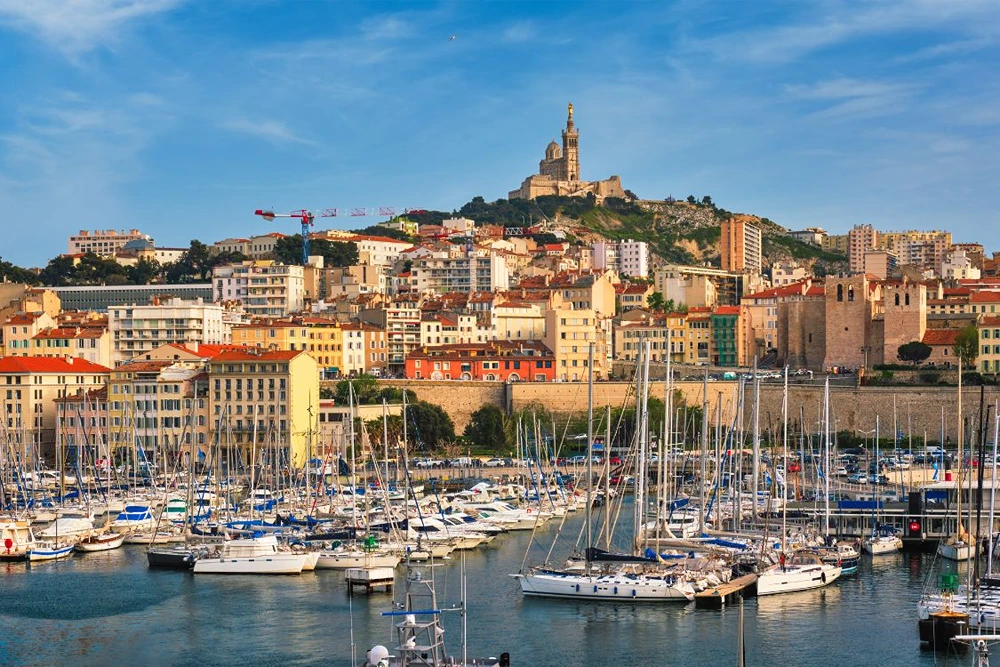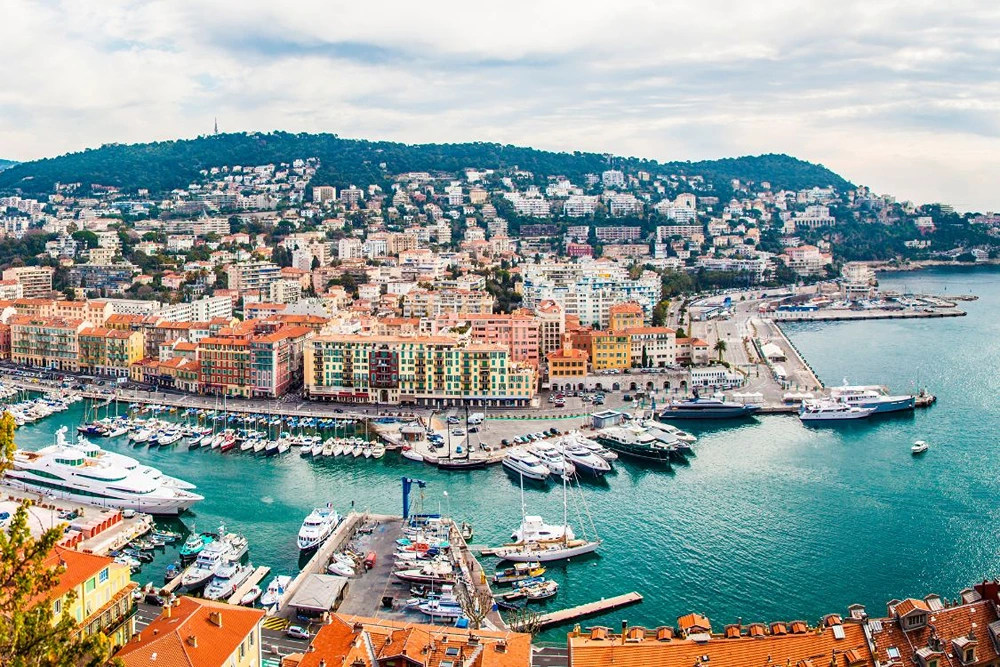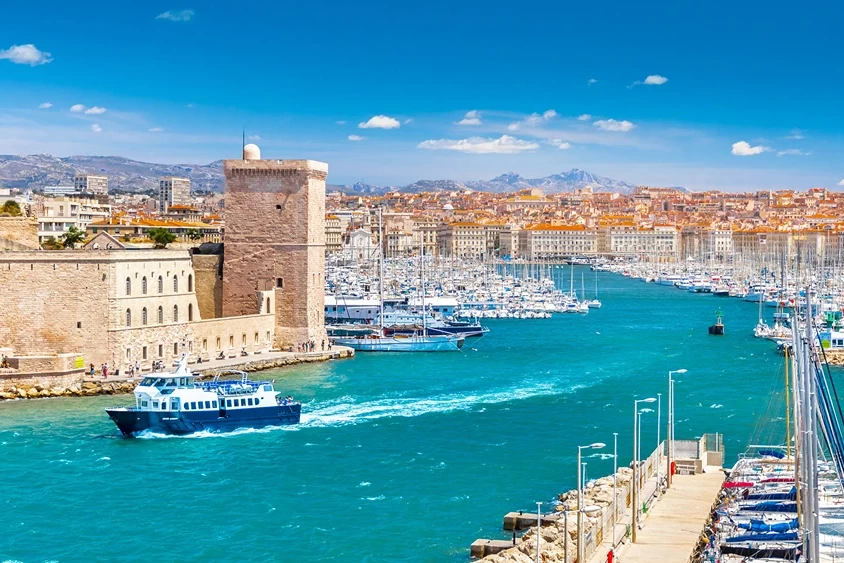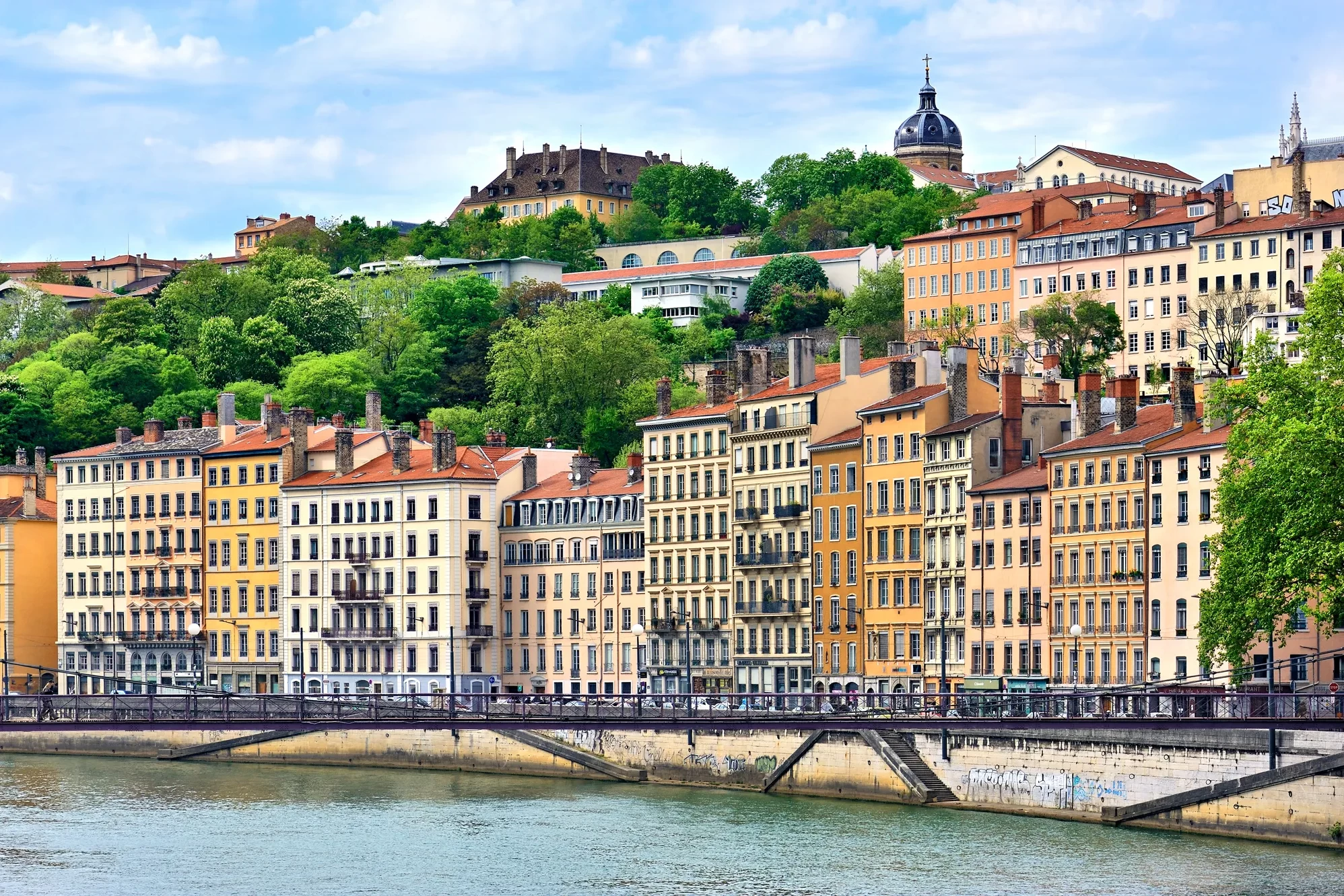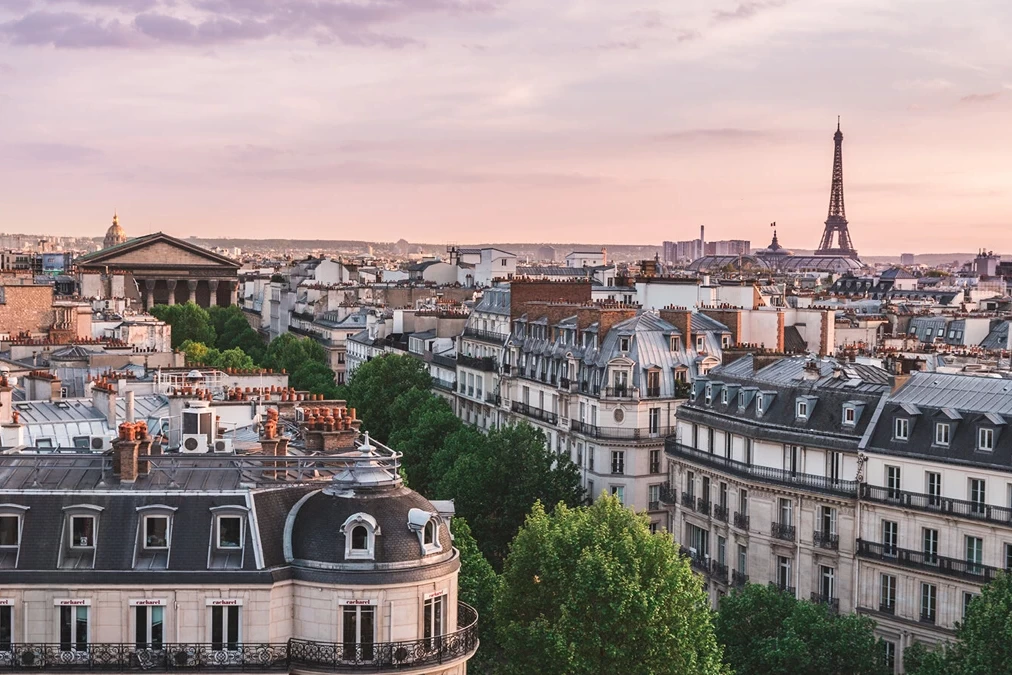Travel Resources
Make the most of your French adventure with these essential resources:
- Flights: Find affordable flights to major French airports using our flight search tool.
- Insurance: Protect your trip with comprehensive travel insurance.
- Car Rental: Explore France’s diverse regions at your own pace by renting a car.
- Tours: Discover the best of France with guided tours and experiences.
Packing: Use our packing checklist to ensure you’re prepared for your French journey.
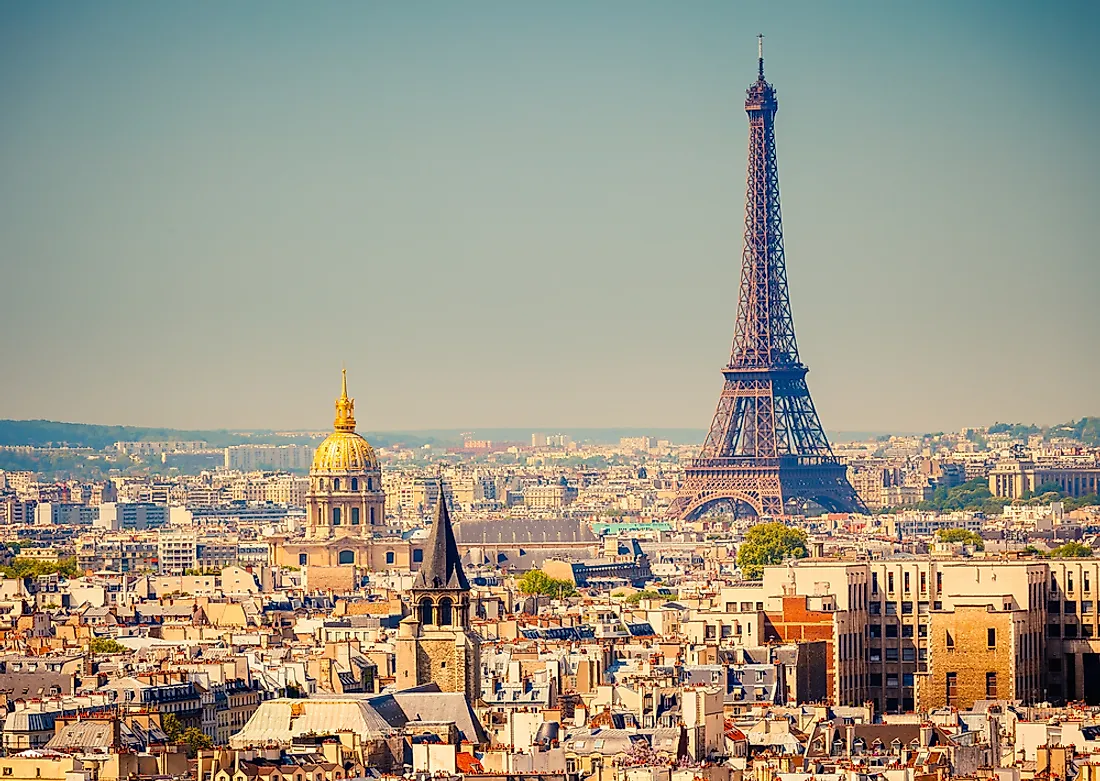
Some History First
France’s history is a tapestry of remarkable events and influential figures that have shaped not only the nation but the world. From the Gauls to the French Revolution and beyond, France has been at the forefront of European history for centuries. Key historical periods include:
- The Roman conquest and Gallic period
- The Middle Ages and the rise of powerful monarchies
- The Renaissance and the Age of Enlightenment
- The French Revolution and the Napoleonic era
- The World Wars and the Resistance movement
France’s rich history is evident in its stunning architecture, from medieval castles to Renaissance châteaux and Gothic cathedrals.
France Today
Modern France is a vibrant, multicultural nation that seamlessly blends tradition with innovation. As a leader in art, fashion, cuisine, and technology, France continues to shape global culture while preserving its unique heritage. Today’s France offers:
- A thriving arts and culture scene in cities like Paris, Lyon, and Marseille
- World-class museums and galleries, including the Louvre and Centre Pompidou
- A commitment to sustainability and environmental protection
- A diverse population contributing to a rich tapestry of cultures
- A strong economy with influences in fashion, aerospace, and luxury goods
Is France Safe?
France is generally a safe country for travelers, with a well-developed infrastructure and efficient emergency services. However, as with any popular tourist destination, it’s important to stay vigilant and take standard precautions. Consider the following safety tips:
- Be aware of pickpocketing in crowded tourist areas and on public transportation
- Stay informed about current events and any travel advisories
- Use reputable transportation services, especially at night
- Keep important documents and valuables secure
- Learn basic French phrases to help in case of emergencies
While occasional protests or strikes may occur, they rarely affect tourists significantly.
Where is France?
France is strategically located in Western Europe, bordered by six countries and three bodies of water, making it a gateway to exploring the continent. Key geographic features include:
- Borders with Spain, Italy, Switzerland, Germany, Belgium, and Luxembourg
- Coastlines along the Mediterranean Sea, the English Channel, and the Atlantic Ocean
- Diverse landscapes including the Alps, the Pyrenees, and the French Riviera
- Major rivers such as the Seine, Loire, and Rhône
France’s varied geography contributes to its diverse climate and regional cultures.
Latest Articles
From The Area
What is the Best Time to Visit France?
The best time to visit France depends on your interests and the regions you plan to explore. Generally, spring (April to mid-June) and fall (September to November) offer pleasant weather and fewer crowds. Consider these seasonal highlights:
- Spring: Mild temperatures, blooming gardens, and cultural events like the Cannes Film Festival
- Summer: Ideal for beach vacations, outdoor festivals, and Bastille Day celebrations (July 14)
- Fall: Wine harvests, comfortable temperatures, and stunning autumn foliage
- Winter: Christmas markets, skiing in the Alps, and fewer tourists in major cities
Keep in mind that July and August are peak tourist months, with higher prices and larger crowds.
How to Get to France & Around
France boasts an excellent transportation network, making it easy to explore the country:
- By Air: Major international airports include Charles de Gaulle and Orly in Paris, and Nice Côte d’Azur on the French Riviera.
- By Train: The high-speed TGV network connects major cities, while regional trains serve smaller towns.
- By Car: Renting a car offers flexibility, especially for exploring rural areas and small villages.
- Public Transportation: Efficient metro systems in larger cities, and extensive bus networks throughout the country.
- Biking: Many cities have bike-sharing programs, and France offers numerous scenic cycling routes.
For long-distance travel within France, consider the train for its speed and comfort, while a car rental is ideal for exploring regions at your own pace.
Things to Do in France
France offers an incredible array of activities and attractions for every interest:
- Visit iconic landmarks like the Eiffel Tower, Notre-Dame Cathedral, and the Palace of Versailles
- Explore world-class museums such as the Louvre, Musée d’Orsay, and Centre Pompidou
- Discover charming villages in Provence, the Loire Valley, and Alsace
- Relax on beautiful beaches along the French Riviera or the Atlantic coast
- Go wine tasting in famous regions like Bordeaux, Burgundy, and Champagne
- Hike or ski in the majestic Alps or Pyrenees mountains
- Attend cultural events like the Cannes Film Festival or Tour de France
- Take a river cruise along the Seine, Loire, or Rhône
Don’t miss the opportunity to simply wander through charming neighborhoods, enjoy a picnic in a local park, or people-watch from a sidewalk café for an authentic French experience.
Where To Stay In France
France offers a wide range of accommodation options to suit every budget and preference:
- Luxury Hotels: Five-star establishments in major cities and tourist hotspots
- Boutique Hotels: Charming, unique properties often in historic buildings
- Gîtes: Self-catering cottages, perfect for longer stays in rural areas
- Chambres d’hôtes: Bed and breakfasts offering a more personal touch
- Camping and Glamping: For nature lovers and budget-conscious travelers
- Châteaux Hotels: Luxurious stays in historic castles and manor houses
Consider the location carefully based on your itinerary, and book in advance for popular destinations, especially during peak season.
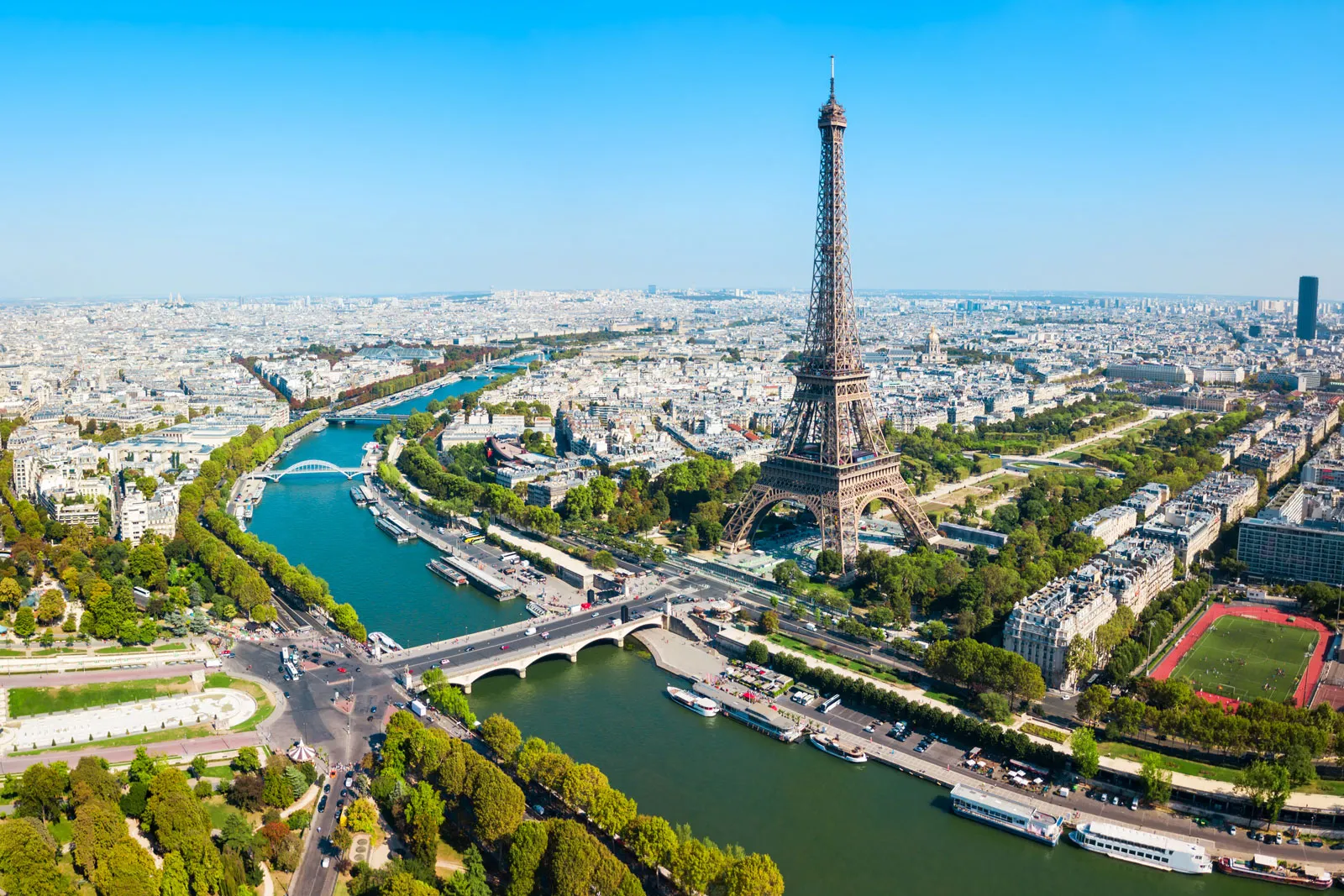
What To Eat In France
French cuisine is renowned worldwide for its sophistication and flavor. Don’t miss the opportunity to indulge in both classic dishes and regional specialties:
- Pastries and Breads: Croissants, baguettes, pain au chocolat
- Cheeses: Brie, Camembert, Roquefort, and hundreds more
- Classic Dishes: Coq au vin, beef bourguignon, ratatouille
- Regional Specialties: Bouillabaisse in Provence, cassoulet in the Southwest
- Desserts: Crème brûlée, tarte tatin, macarons
- Wines: Sample varieties from different regions, including Champagne
For an authentic experience, try local markets, boulangeries (bakeries), and small bistros. Don’t forget to observe proper French dining etiquette, such as keeping hands visible on the table and not rushing through meals.
Entry & Exit Requirements
Entry requirements for France vary depending on your nationality and the length of your stay:
- EU citizens: Can enter with a valid national ID card or passport
- Non-EU citizens: Generally need a valid passport (with at least 3 months validity beyond planned stay)
- Visa requirements: Check if you need a Schengen visa for stays up to 90 days
- Passport control: Be prepared to show proof of accommodation and sufficient funds
Always check the latest requirements with the French embassy or consulate in your country before traveling, as regulations can change.
What To Pack For Your Trip
When packing for France, consider the season, your planned activities, and the regions you’ll visit:
- Clothing: Comfortable, stylish clothes suitable for the season
- Comfortable walking shoes: For exploring cities and countryside
- Adapter plug: France uses Type C and E electrical outlets
- Travel documents: Passport, visa (if required), travel insurance info
- Money: Some cash, credit/debit cards (inform your bank before traveling)
- Phrasebook or language app: Basic French phrases can be very helpful
- Weather-appropriate gear: Umbrella, light jacket, or sunscreen depending on the season
Remember that French style tends to be more formal than in some countries, so pack a smart outfit for dining out or special occasions.
FAQs
The official currency of France is the Euro (EUR).
While French is the official language, many locals in tourist areas speak English. Learning basic French phrases can enhance your experience and interactions.
Yes, major credit cards are widely accepted in most establishments in France.
Explore regions like Provence, Normandy, the French Riviera, and the Loire Valley for diverse landscapes and cultural experiences.


